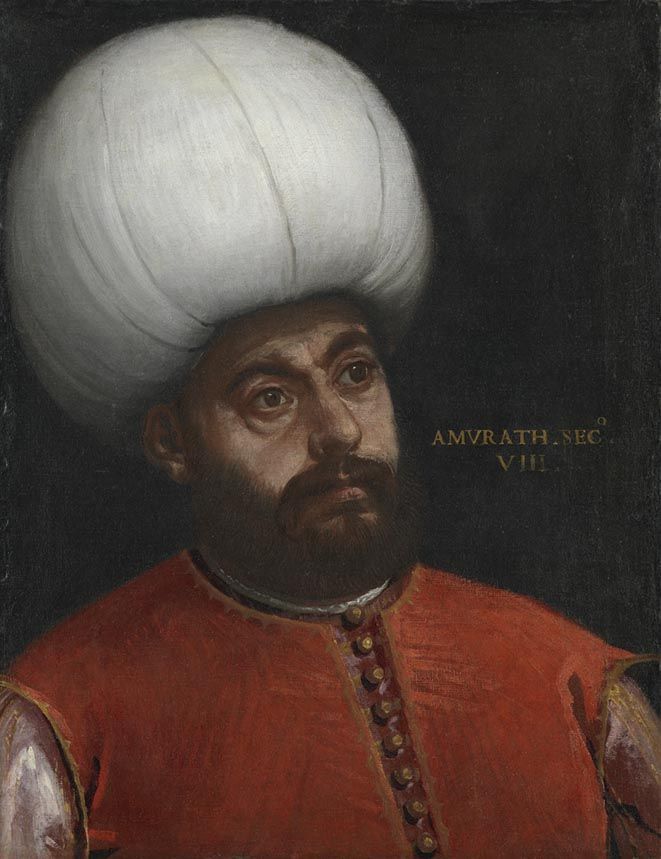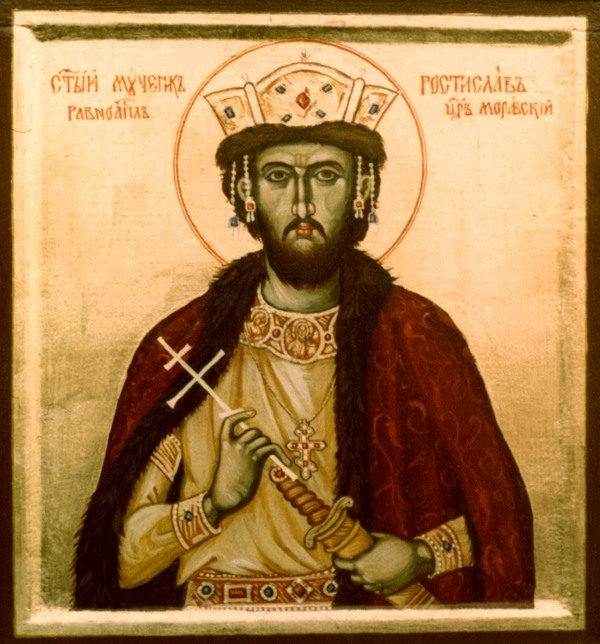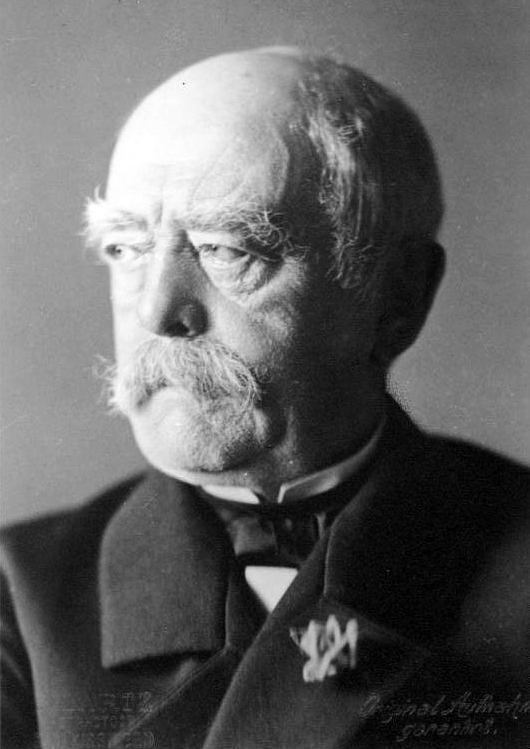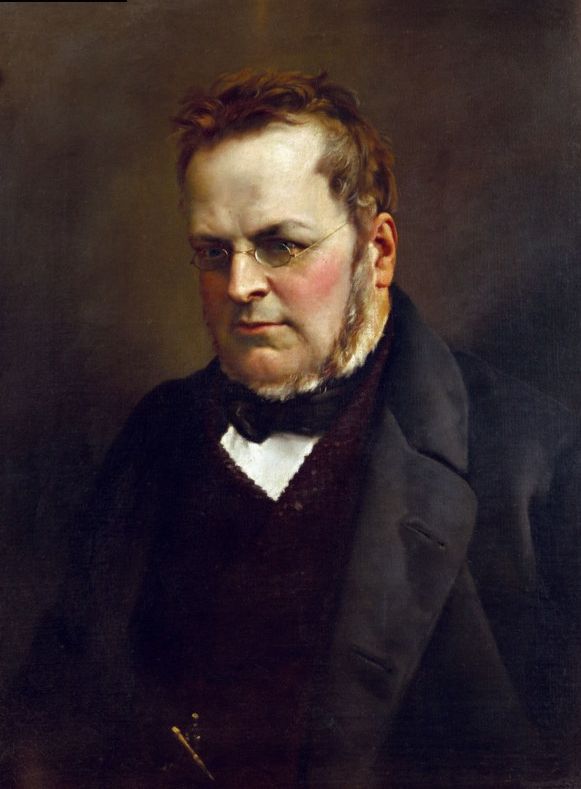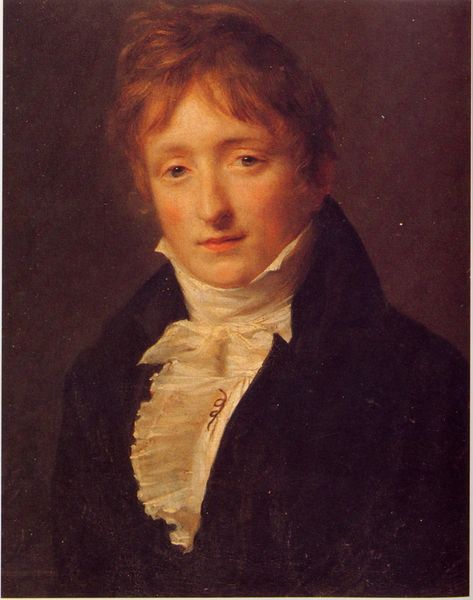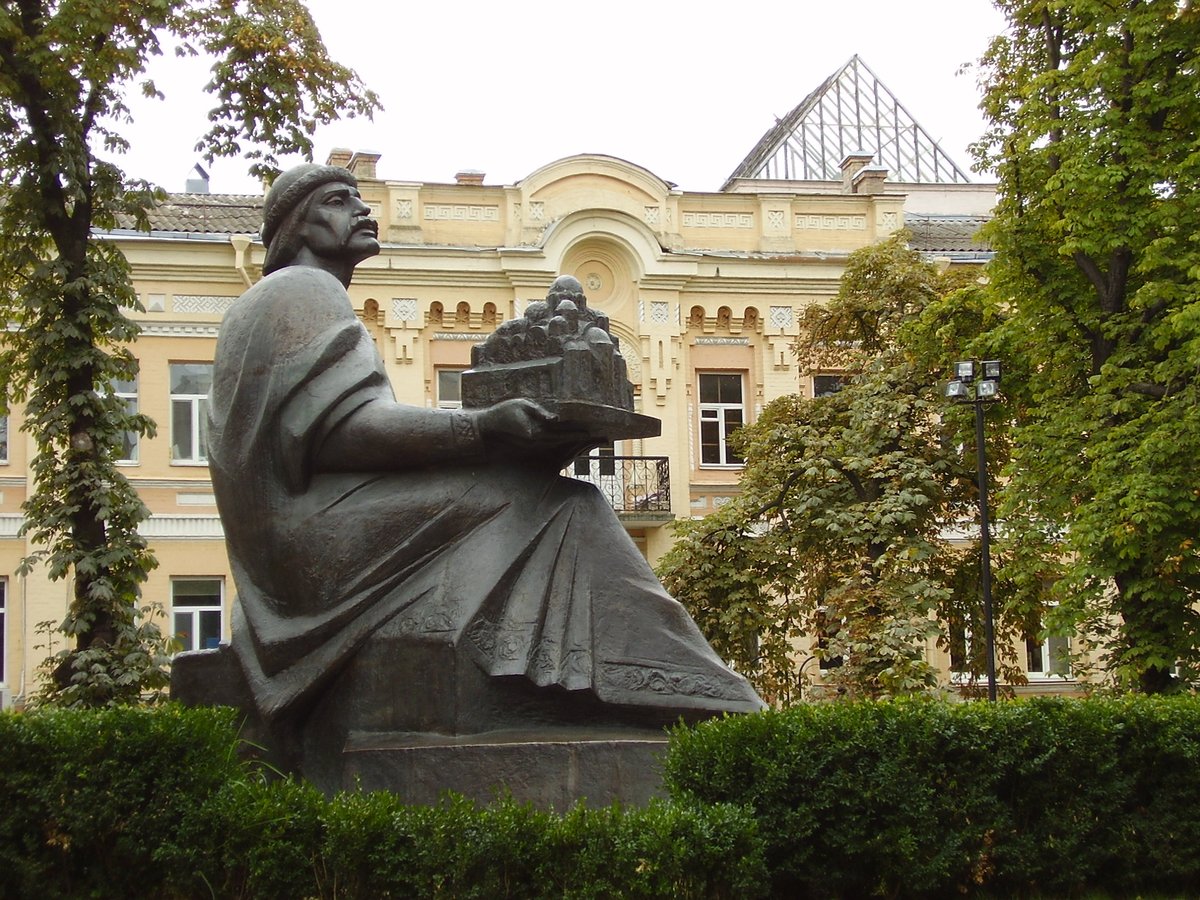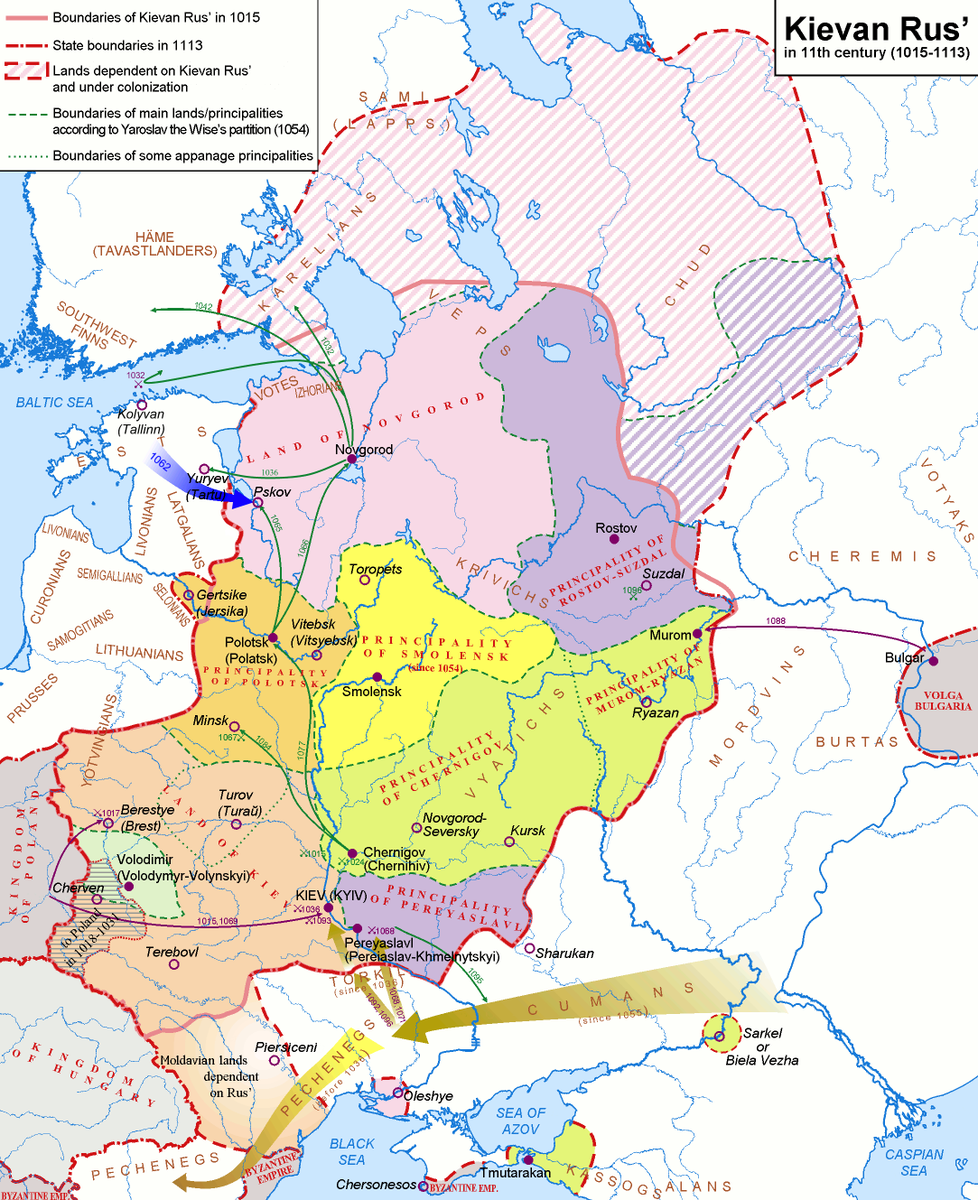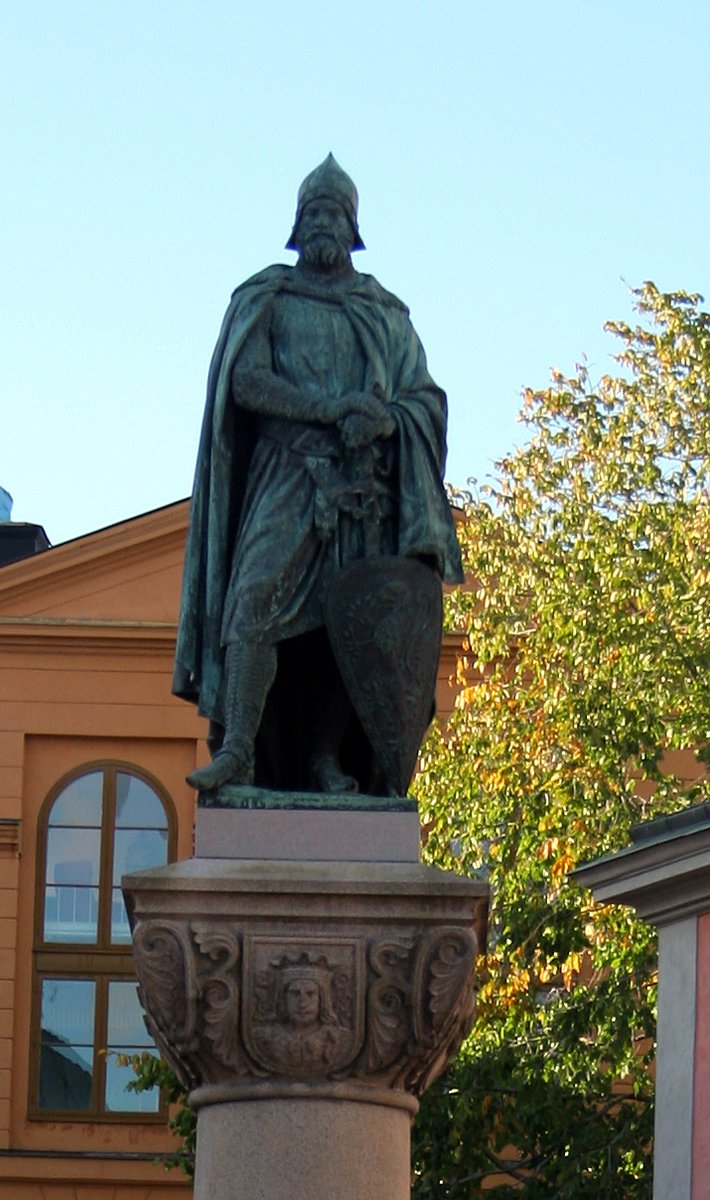A divided Empire, reunited.
But a more permanent division is on the cards, after the heir to the throne is executed.
Story in the evening ...
But a more permanent division is on the cards, after the heir to the throne is executed.
Story in the evening ...
https://twitter.com/Arby_K/status/1452824812707975170
Flavius Iulius Crispus was born around 303 to Flavius Valerius Constantinus and Minervina. His grandfather, Constantius, was Caesar of West, working out of Augusta Treverorum (Trier). In 305, Constantius was promoted to Augustus of West after Diocletian & Maximian abdicated. 1/10 

Constantius died in 306, making Flavius Valerius Severus, who had become the Caesar of West in 305, the new Augustus. But the troops of Constantius proclaimed his son, Constantine, as Augustus. With a civil war in the offing, Constantine was named the new Caesar of the West. 2/10 



But that made things worse. Maxentius, son of Maximian who had abdicated in 305, declared himself Emperor in Rome. Severus rode out of his capital in Mediolanum (Milan) but was defeated, captured and later killed by Maxentius, aided by his father, Maximian. 3/10 

Constantine allied with Maximian, marrying his daughter, Fausta, in 307. But the alliance was a mute one. The Western Empire was in a state of civil war for the next few years, until 312 when, at the Battle of the Milvian Bridge, Maxentius died drowning in River Tiber. 4/10 

The Eastern Empire took till 313 to resolves its differences, when Valerius Licinianus Licinius confirmed his rule after defeating his rival at Tzirallum. Earlier in the year, Licinius and Constantine had allowed for Christians within the Empire with an Edict at Mediolanum. 5/10 

The alliance of the Western and the Eastern Emperors was strengthened with the marriage of Constantia, Constantine's sister, to Licinius. In 317, Crispus was named Caesar of the West along with his two year old cousin, Licinius, as Caesar in the East. 6/10 



Crispus ruled from Augusta Treverorum in Gallica Belgica, like his father and grandfather before him. He became Consul in 318, along with the senior Licinius, and was succeeded by his father and the younger Licinius in 319. But things soon turned sour between the Emperors. 7/10 

With experience in military gained by victories against the Franks and the Alemanni, Crispus led the battle against imperial navy of the East at Hellespont. After his son destroyed his enemy, Constantine made quick work in dispatching the remainder of his opponent's forces. 8/10 

Empire now reunited, Constantine called for a Council at Nicaea to standardize Christianity. He also started building a new capital, one fit enough to rival Rome, in East. With the elder and experienced Crispus overlooking his brothers, the future of the Empire was bright. 9/10 


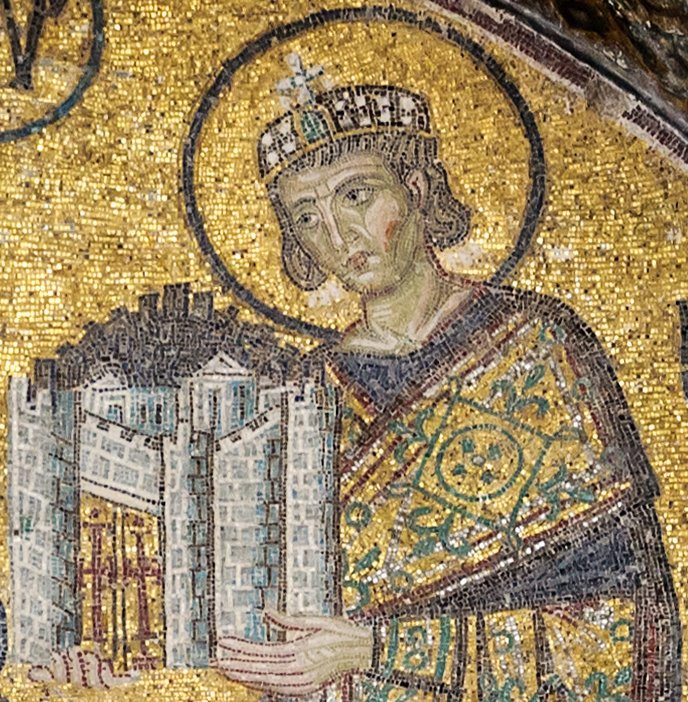
This changed in 326 when Crispus was executed on his father's orders. The kin slaying continued under Constantine's sons and his dynasty died out in 363 with Julian. The Empire soon got divided into two with the Eastern half centred around the new capital Constantine built. 10/10 



• • •
Missing some Tweet in this thread? You can try to
force a refresh


